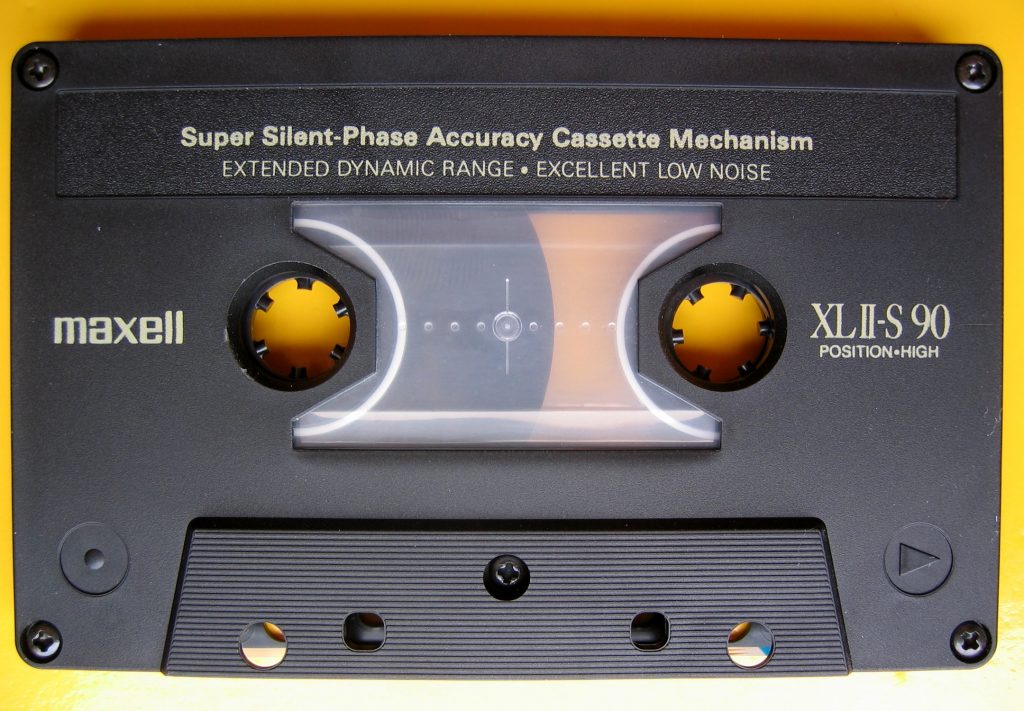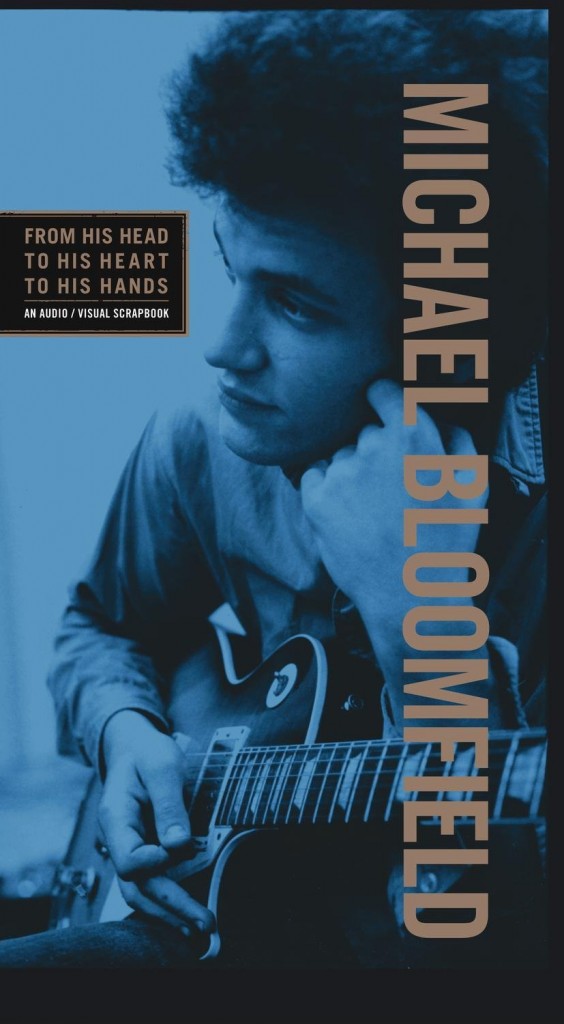Stephen Stills – Pensamiento from Bananafish Gardens (1973)
What a song to start off the Mega-Shuff institution! This is the randomness that you worry about with such an experiment, and there’s almost certainly no other way I would have explicitly wanted to listen to this recording. Stills is frustrating. He is a multi-instrumentalist, does all his own stunts in terms of songwriting, producing, performing, and even had the Jimi Hendrix seal of approval. Having seen Stills a bunch of times in the 80’s, I can confirm that he is a prodigious guitar player, a real blues man. He dabbled with mixing the music of other cultures into his brand of popular folk/rock, but he never went as far as he should have with it. As much as I dislike the music of Paul Simon, there is no denying the absolute brilliance of Graceland. Stills arguably had the music-biz juice to execute such a move, if he had it in him, but he was a apparently bogged down by the fame and fortune of his super-group. As much as Stills has given us over his storied career, I can’t help but think there was even more brilliance that we missed out on.
This isn’t the version from Bananafish Gardens, but about six months later, and it’s very similar.
Primus – Golden Ticket from Primus & The Chocolate Factory (2014)
There’s no way I would have picked this one and so the deities of randomness and algorithms assert their unyielding will again. My best argument (to myself) is this band’s extraordinary approach to rhythm. Perhaps that’s owed to original drummer Tim “Herb” Alexander returning to the band after a hiatus. That means that return of Rush and early Peter Gabriel solo as major influences – that’s real progressive rock! But, for better and worse, there is usually no space for nostalgia because of the band’s aggressively individualism. I could never argue with the true progressive credentials of Primus – there is a fearless persistence to define their own sound that makes the albums utterly unmistakable. That’s some strong branding. At the same time, there is a delicateness that is missing. When prog and fusion giants roamed the earth, there were moments in the composition that recalled a more primitive form of music, a jazz or blues riff here, a Scottish folk progression there. If used correctly, these forms can provide emotional context to the complexity that, on its own can make some prog and fusion tiresome. While this may be a full subject elsewhere, suffice it to say here that Primus, as much as I want to love everything the band has produced, doesn’t ‘swing’ – a lot of the time. Maybe this is evidence of my lacking a good appreciation of Heavy Metal as a genre. Even here, when Primus has progged out to the extent that this is a full concept album, I still can’t get completely on board.
David Bowie – TVC15 from Los Colinas (1983)
I’ve certainly been thinking about Bowie enough recently. As i try to get back into playing a band, it is helpful to learn more well-known songs. Bowie has a ton that check the boxes of fun to play, viscerally appealing and recognizably popular. This particular track is more of a deep cut that i might have occasionally heard on classic rock radio of my youth. What particularly interesting about this version is that it features Stevie Ray Vaughan on lead guitar. SRV’s prominence on “Let’s Dance” is revelatory. The circumstances which lead to him NOT touring with Bowie in support of that album are summarized in this article. I disagree with the notion that Bowie “made” SRV’s carrier, whether indirectly or directly. SRV was going to become the colossus he became, no matter what. The rehearsals for that tour are one of the great bootlegs in circulation. You can hear the entire concert on YouTube.
Mississippi Fred McDowell – When I Lay My Burden Down (1968)
When I talk about my experiences in music, there is a clear distinction between music I learned how to listen to, discovering nuance and soulful beauty in complexity and chaos, and music that affected me more like getting a wrench smashed into my funny bone. Sometimes things would just click for me because of what my parents listened to when I was growing up (Bob Dylan, Neil Young), but I didn’t get exposed to too much blues music. And yet it has clicked, possibly because I discovered it at the same time I was trying to lean how to play guitar. Regardless, Muddy Waters and BB King quickly became regular listening. Then I graduated to John Lee Hooker and Albert King. And then, years later, I discovered the North Mississippi Hill Country Blues and the gentleman farmed called Mississippi Fred McDowell. This track appears to be from March of 1968, but I can’t find the name of the other vocalist.
Bonnie Raitt – Love Me Like a Man from Ultrasonic Studios (1972)
WHAT A COINCIDENCE! Probably not. Probably proof that there it is more algorithms than actual randomness. I continue to hope that randomness plays some role. I want to see the dark corners of my collection. The reason it’s no coincidence is that in 1970, Bonnie backed up Fred McDowell at the Philadelphia Folk Festival. They became friends and Raitt studied guitar from the undisputed master of the Mississippi Hill Country Blues. Here is the audio for the entire glorious session, which features legends Lowell George and John Hammond Jr. Love Me Like a Man is the first tune.
#stephen/stills #Primus #David/Bowie #MIssissippi/Fred/McDowell #Bonnie/Raitt






